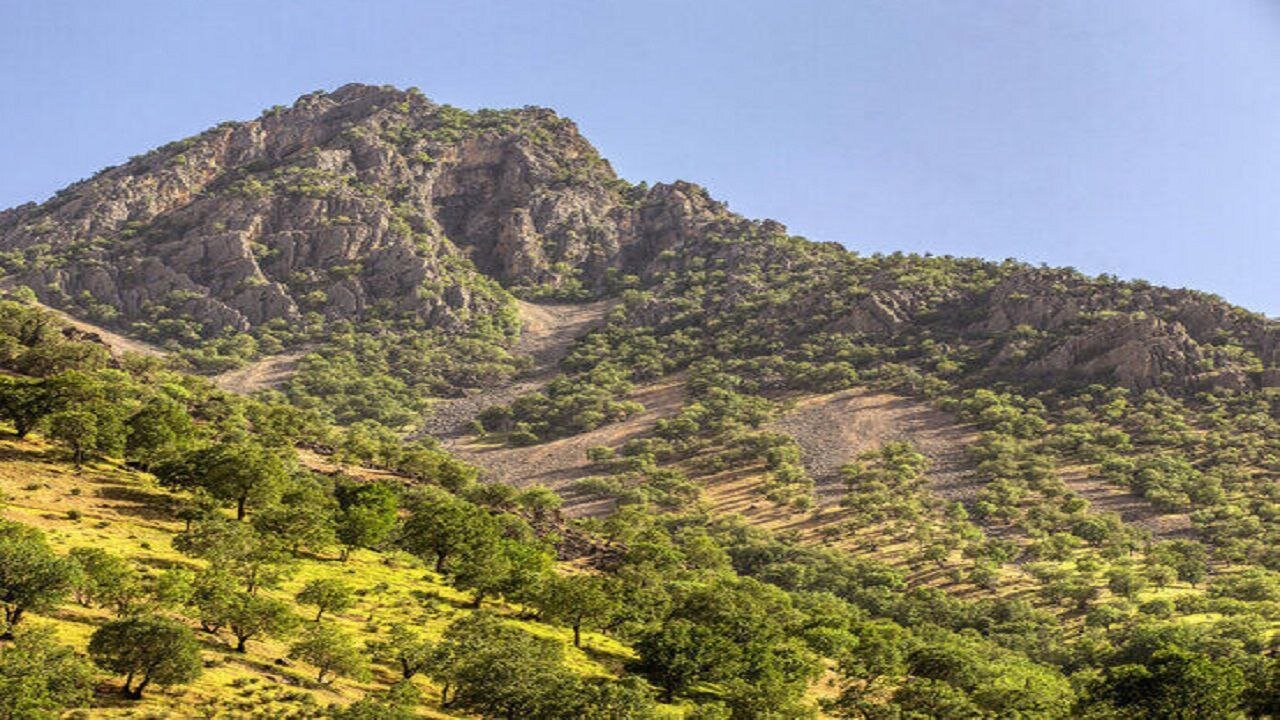APDIM puts preserving Zagros forests on agenda

TEHRAN –Following Iran’s proposal on the protection of Zagros forests from wildfires, the Asia-Pacific Center for the Development of Disaster Information Management (APDIM) has placed the issue on the agenda.
Zagros forests are among the most important natural resources of Iran, as they constitute 40 percent of the country’s forests, and play an important role in the production of a large part of the country’s freshwater.
This achievement is the result of the country’s cooperation with APDIM in combating sand and dust storms, IRNA reported.
The proposal was approved at the eighty-first annual session of the United Nations Economic and Social Commission for Asia and the Pacific (ESCAP), held from April 21 to 25 at the United Nations Conference Centre in Bangkok.
APDIM, in coordination with the Planning and Budget Organization (PBO) and the Natural Resources and Watershed Management Organization, has developed a series of comprehensive plans for collaborative efforts to preserve Zagros forests. The plans are designed to improve the region’s preparedness and capabilities to combat widespread forest fires.
Iran has proposed APDIM plans to encompass other issues, such as the management of pest and forest diseases, in addition to the preservation of forests against wildfires.
Once approved, the environmental challenges of the forests will be addressed more comprehensively at the regional and global levels.
Iran has always highlighted the significance of regional participation in dealing with environmental crises by playing a key role in fostering regional synergies.
The country is positive that APDIM and other related institutions’ assistance would result in improved management of natural crises and disaster risk reduction at the regional and international levels.
Preserving Zagros forests requires global co-op
In June, Iran called on international institutions and other countries to help preserve Zagros forests through a comprehensive cooperation program.
Iran is famous for having one of the oldest forests in the world. 300,000 hectares of the forests in the country are inscribed in the UNESCO World Heritage list, IRNA quoted Ali Teymouri, the head of the Natural Resources and Watershed Management Organization, as saying.
The official made the remarks while addressing the international conference on the sustainable management of Zagros forests.
“Due to their geographical location, these forests have a high diversity of flora and fauna. Zagros forests are home to more than 2,500 plant and animal species that are not found in other parts of the country or even the world, which indicates their rich biological diversity.
These forests play vital economic and social functions, and contribute to local communities’ livelihood. However, they are threatened by different factors such as climate change, frequent wildfires, and illegal exploitation,” he added.
To address environmental challenges and improve sustainability indicators, Iran needs to develop international collaborations that focus on providing technical support, exchanging experience, financing, as well as regional and scientific cooperation, Teymouri said.
The official went on to say that Iran is willing to benefit from other countries’ expertise in designing and implementing sustainable management projects for the forests. As environmental challenges are universal, the country seeks to utilize global environmental structures and facilities to restore the forests.
The forest area in Iran amounts to approximately 14 million hectares, which constitutes 7.5 percent of the country’s total land area. The forests are scattered in different regions across the country. The current per capita forest area is around 1700 square meters, while the country’s per capita forest area in the world is 5600 square meters, Teymouri said.
The sustainable management of the Zagros forests through participatory management or social forestry, incorporating economic, social, and environmental sustainability indicators, and involving local communities, government bodies, and private sectors, is on the agenda of the Natural Resources Organization of the country, the official further noted.
MT/MG
